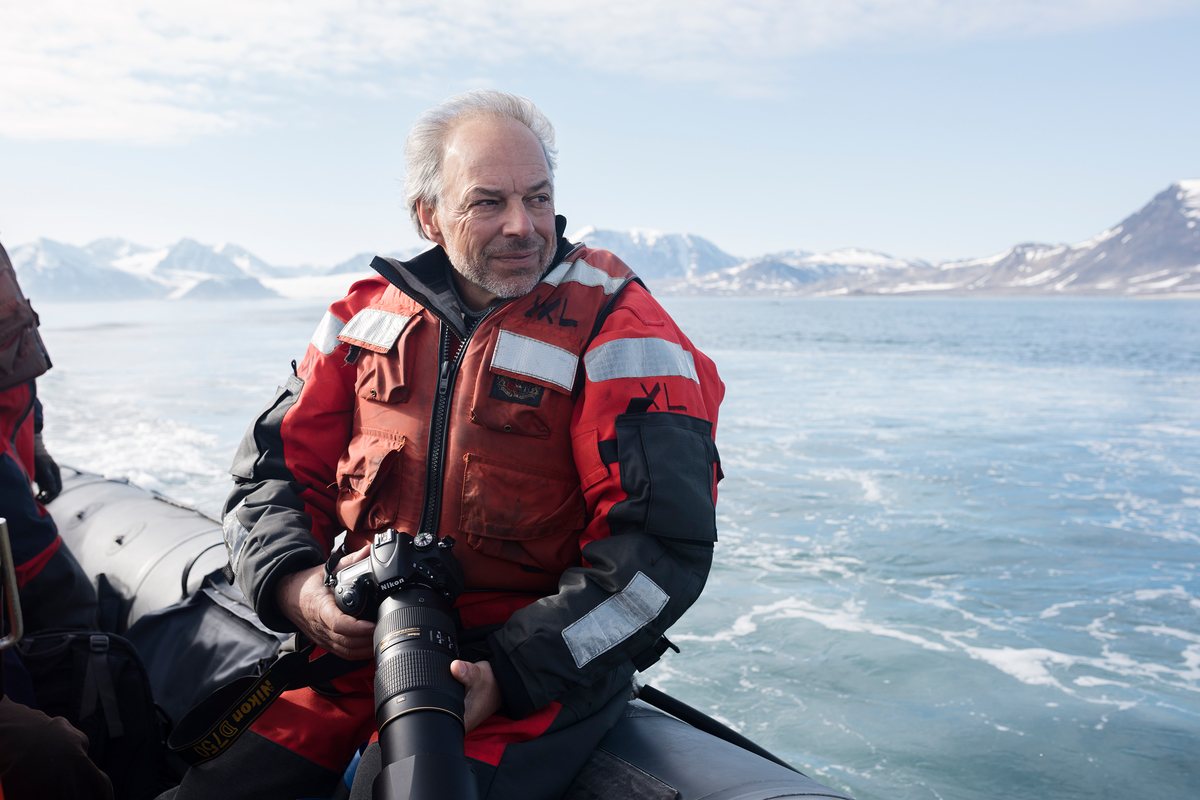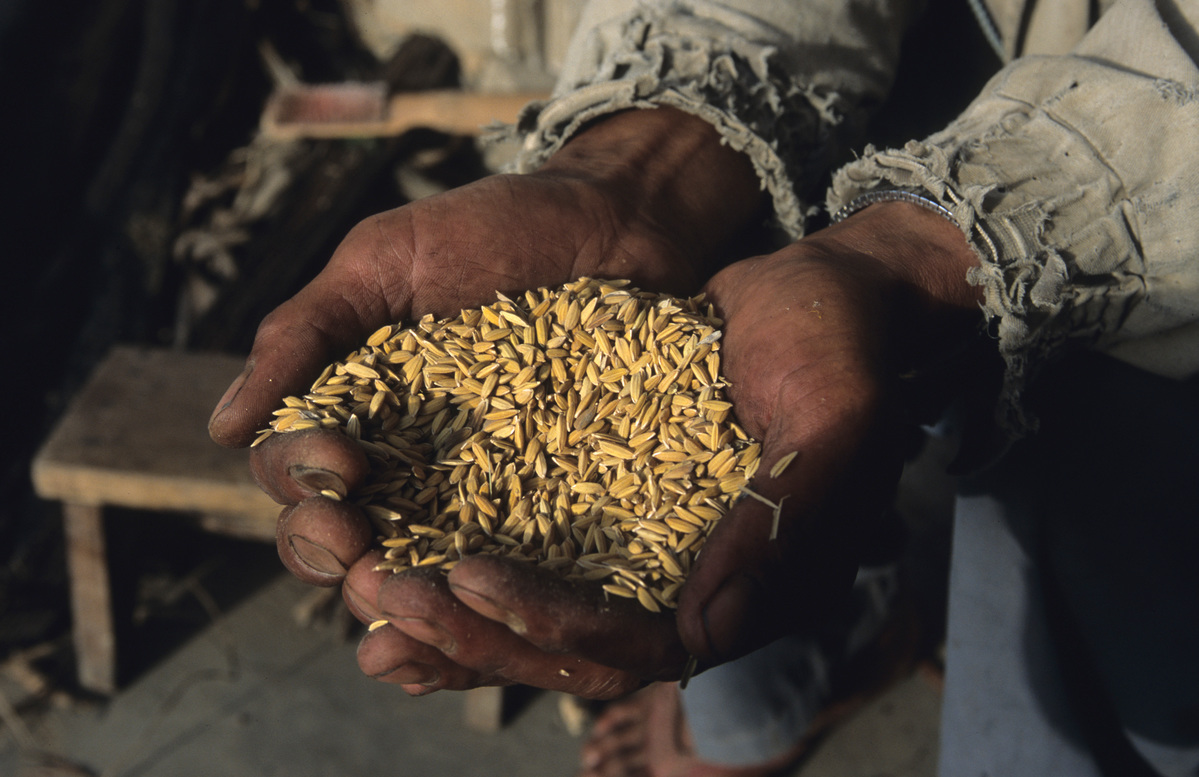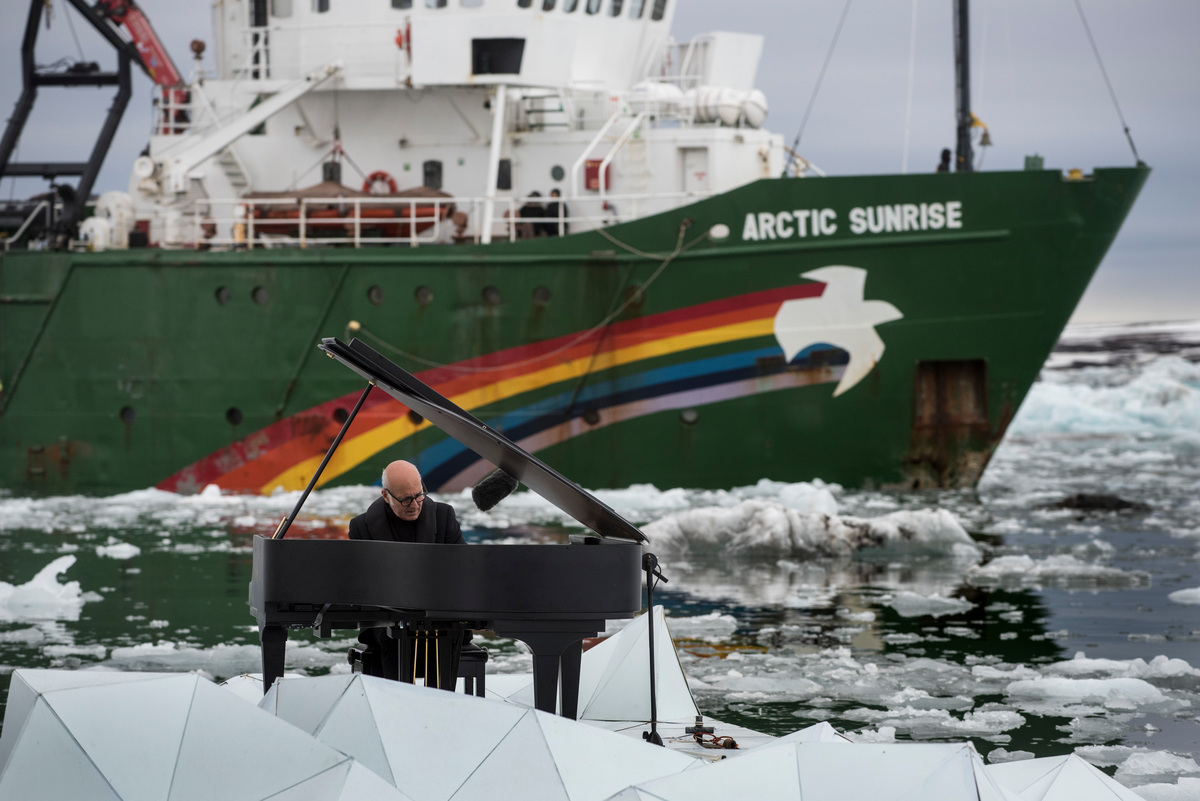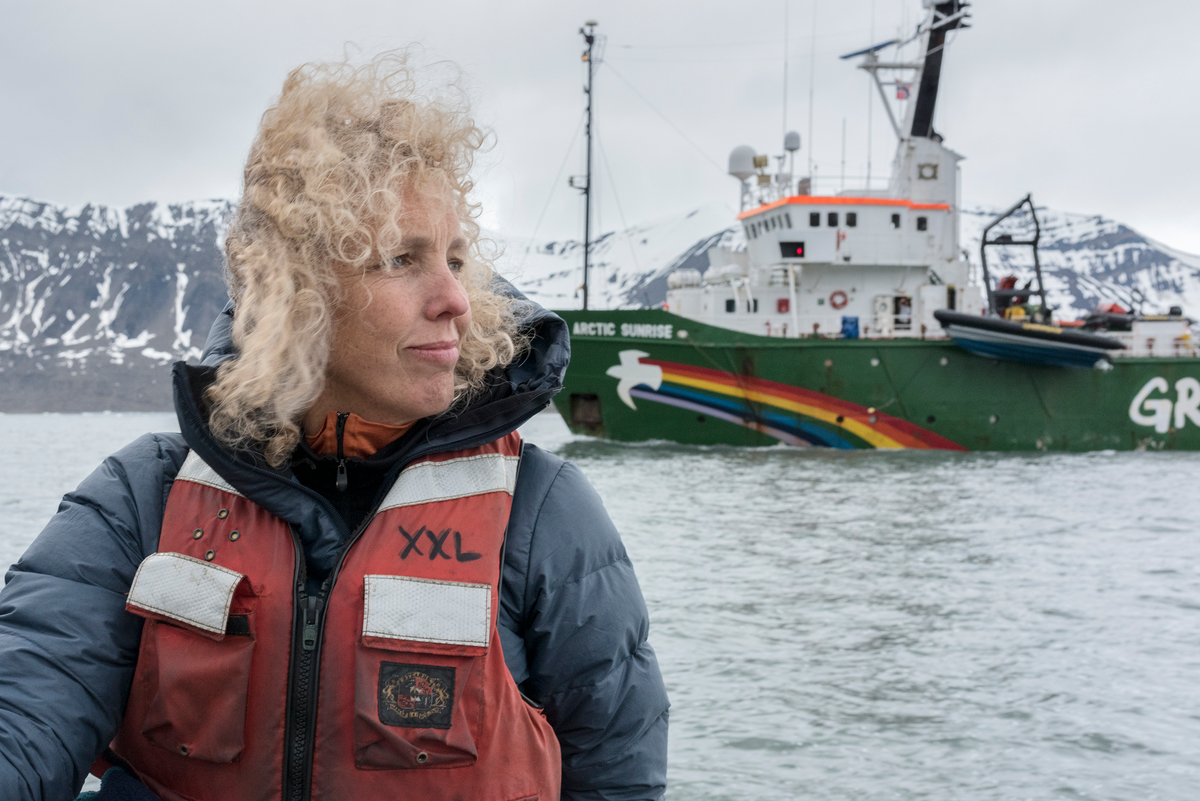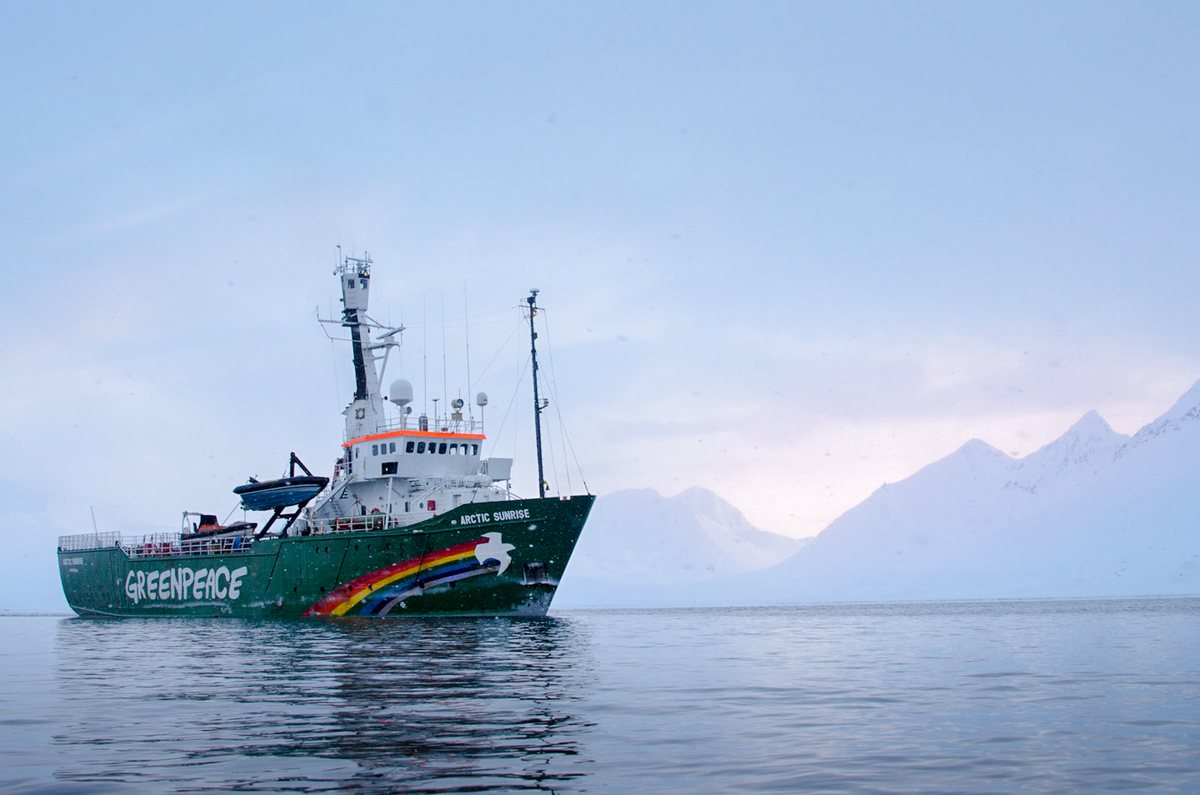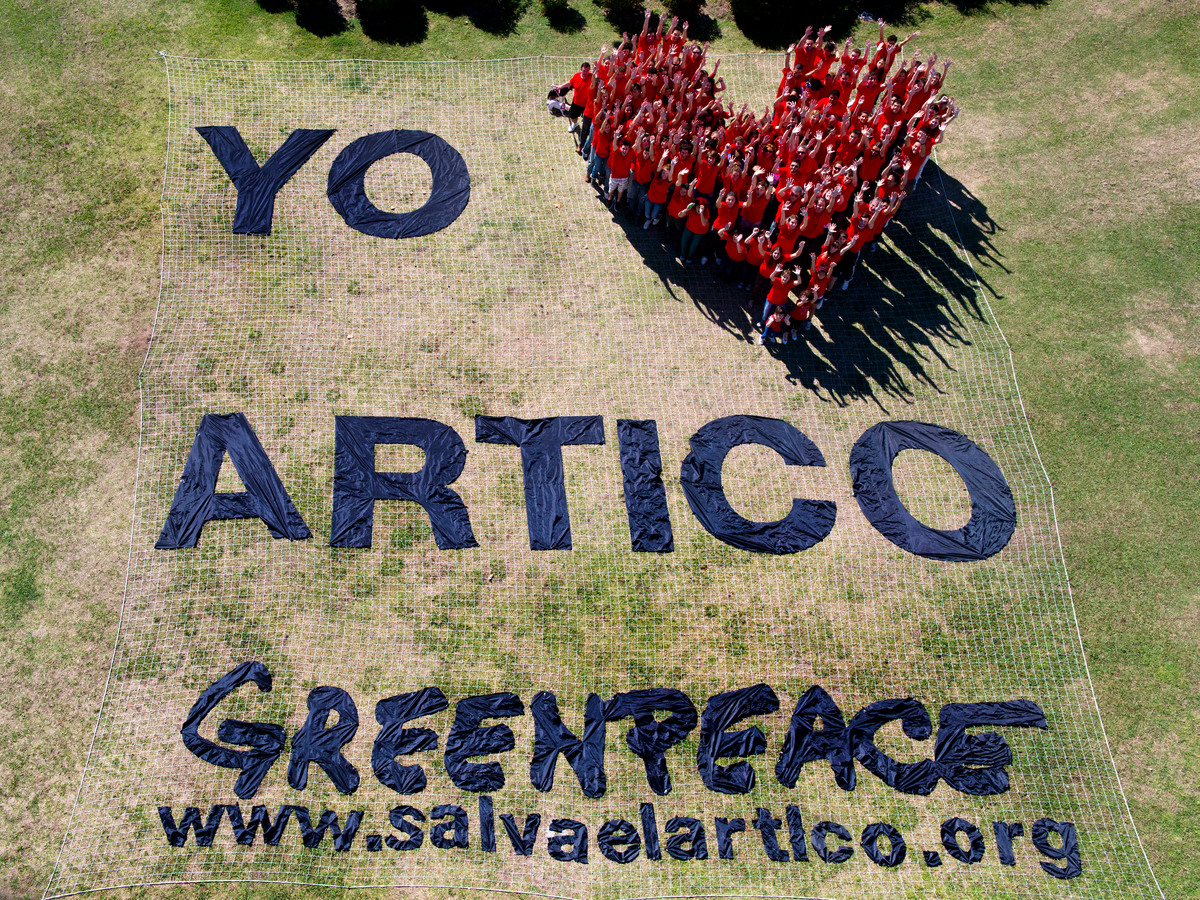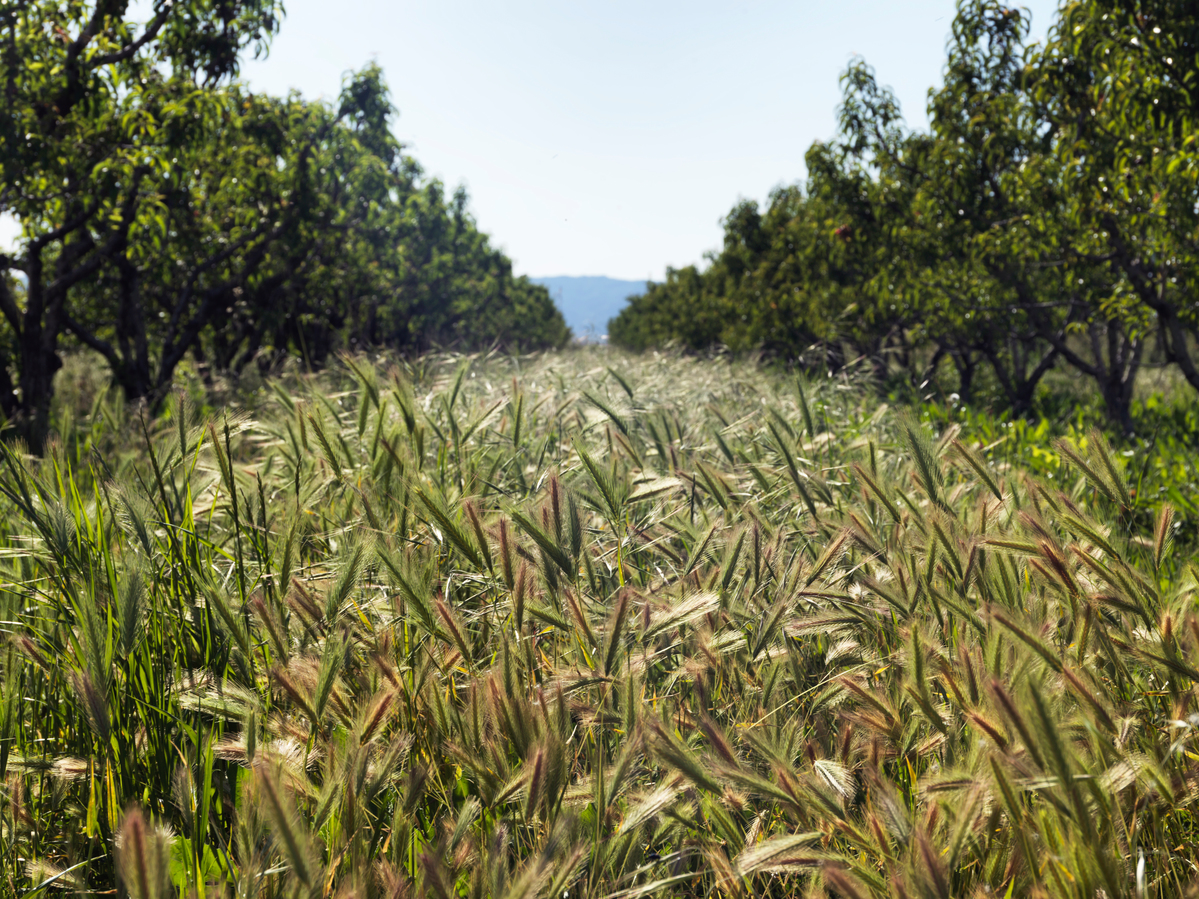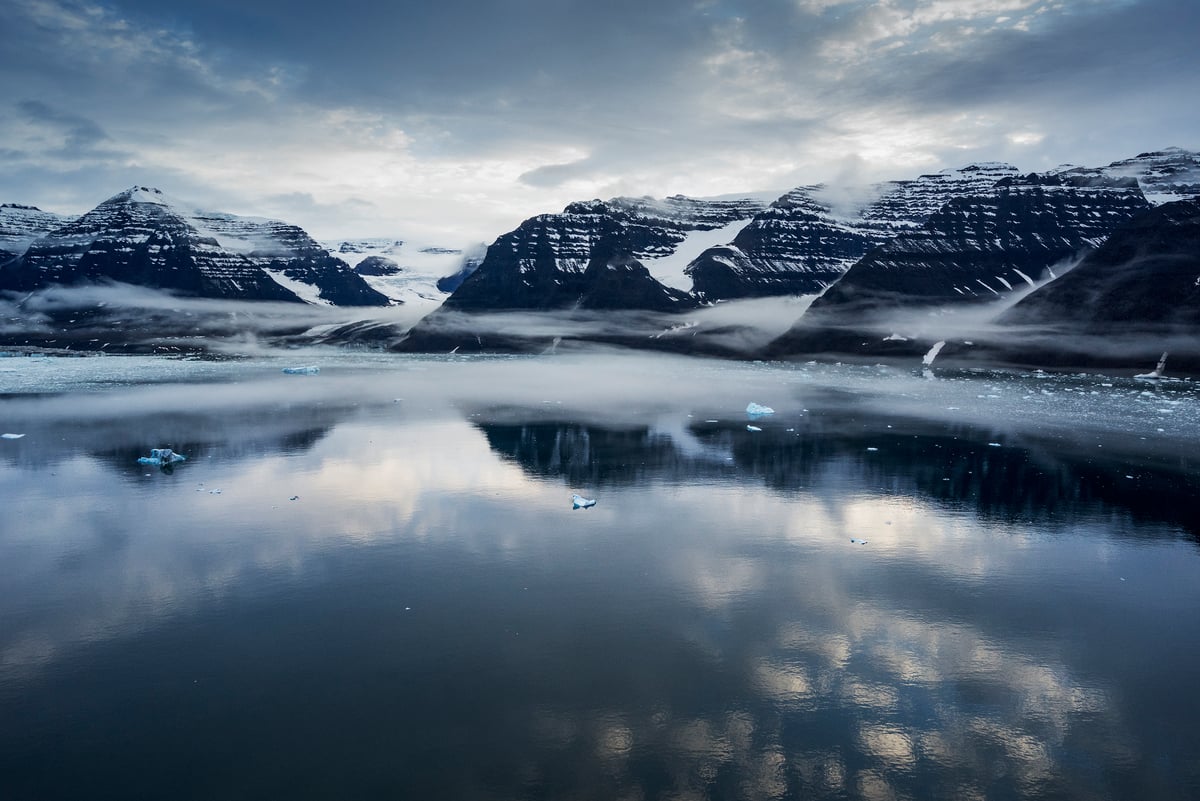-
So how did they get that grand piano to the Arctic?
The Steinway baby grand piano was slung and swung on board in Germany, it was lashed down in the hold and we headed north. We took in a storm off the coast of Norway where green seas were shipped over the pitching bow and portholes resembled washing machines.
-
The melting Arctic ice calls for protecting what I love
Last week I visited the Svalbard archipelago in the northern Barents Sea to bear witness to the rapid changes occurring in the Arctic. In many ways, the Arctic is the frontline of dramatic environmental changes that will impact everyone.
-
Ludovico Einaudi performs with 8 million voices to save the Arctic
The beauty of the Arctic is overwhelming. The cold, the silence and extraordinary sounds as the ice creaks, rumbles and falls. The pristine environment, with life popping out to welcome you when you least expect it. A unique place that people across the world want to protect.

